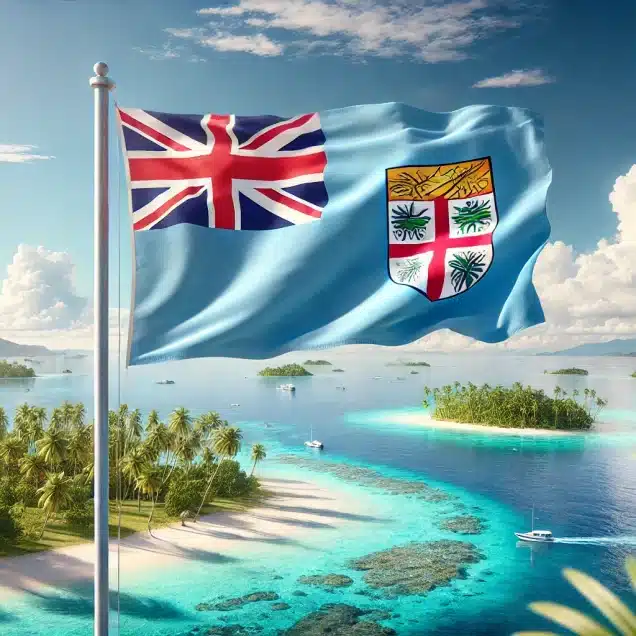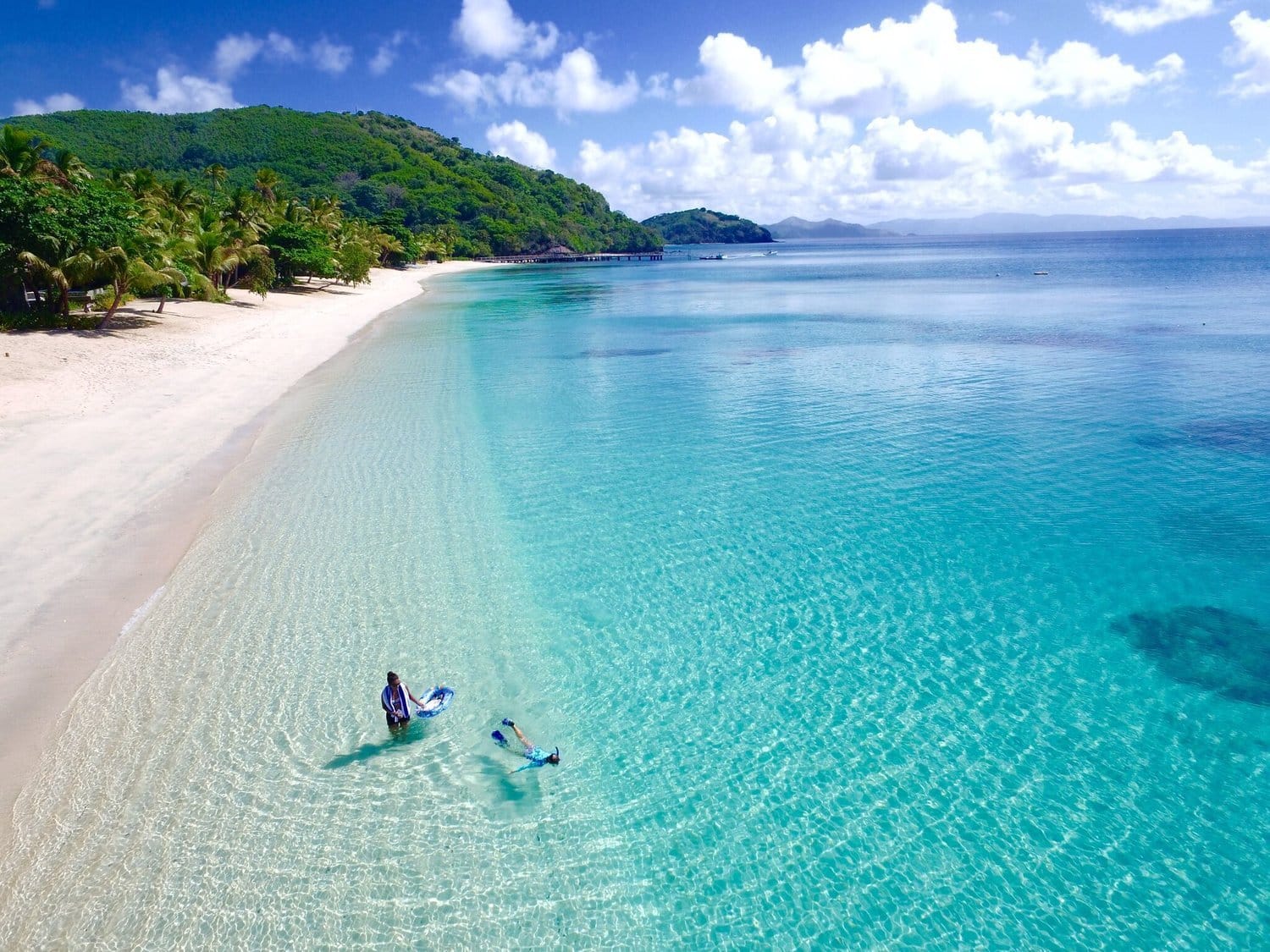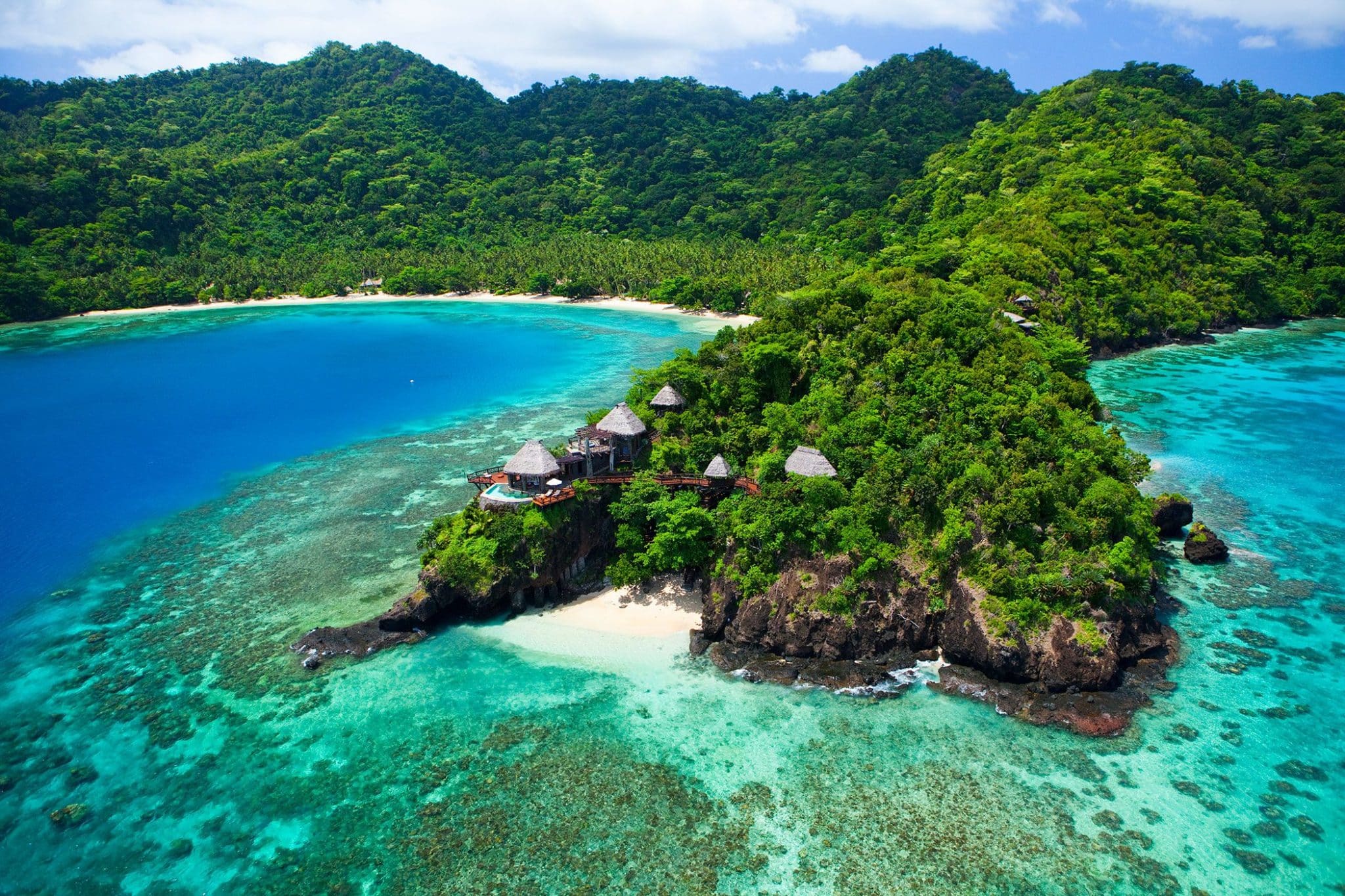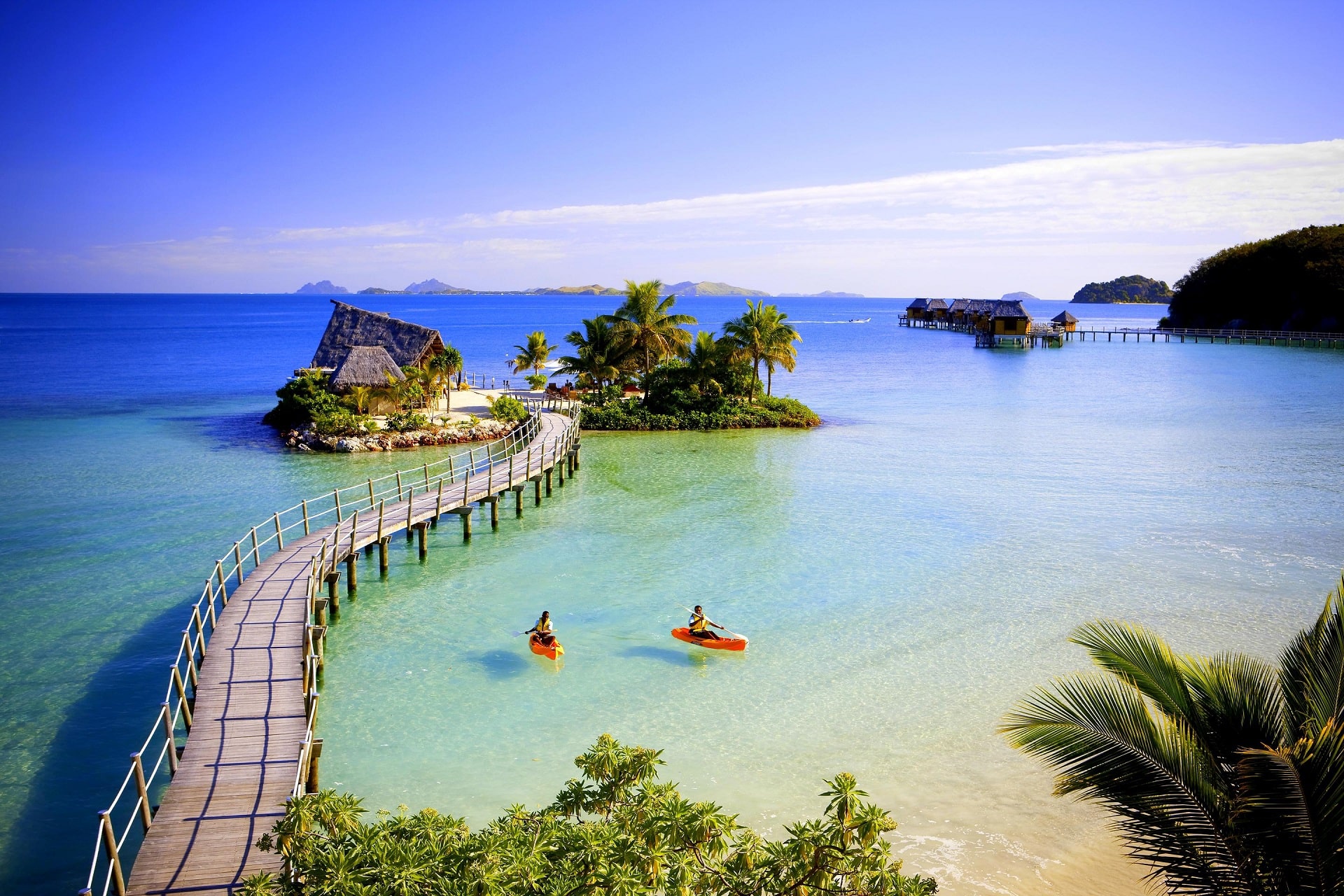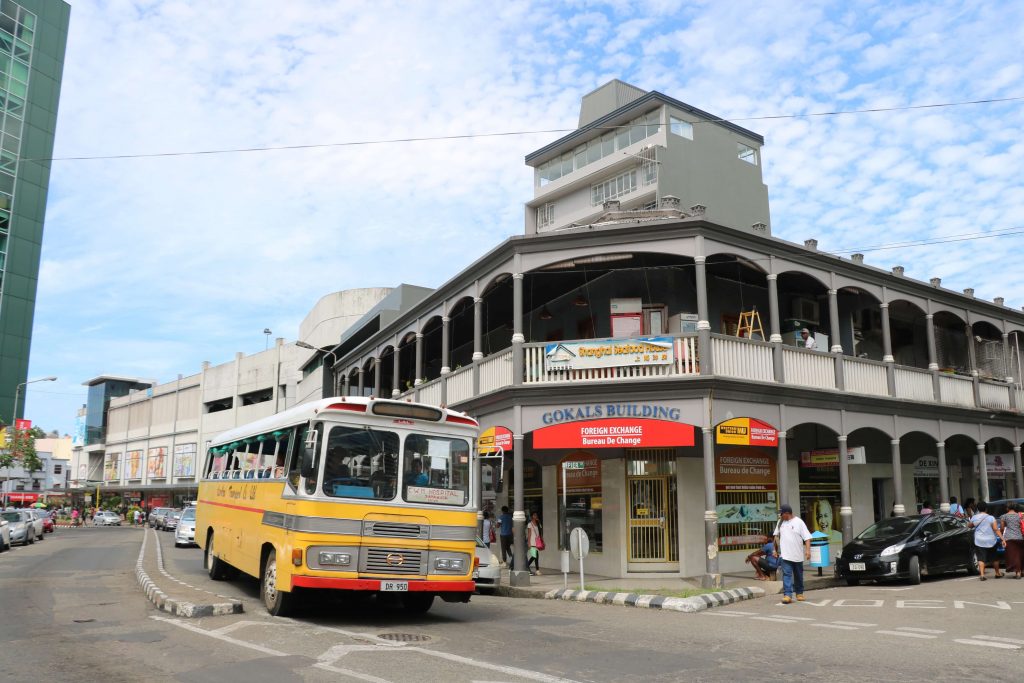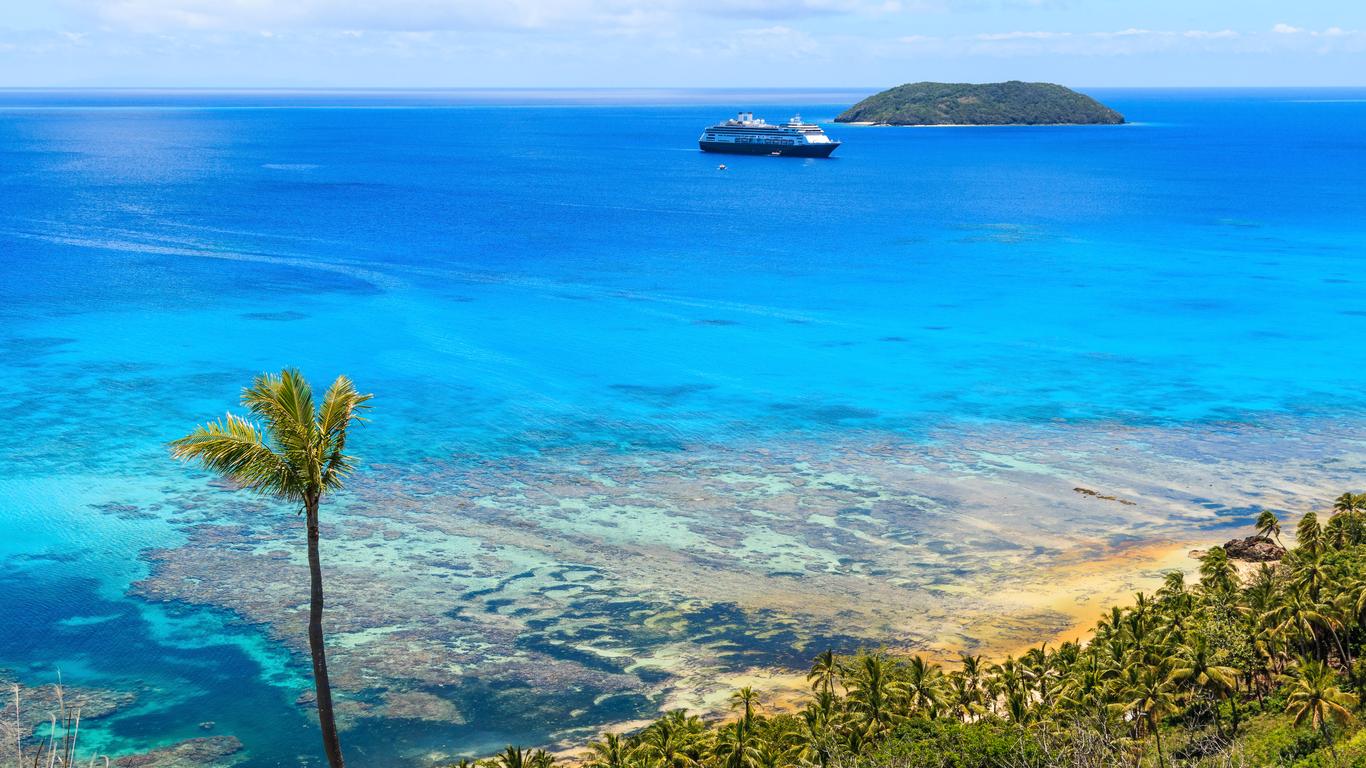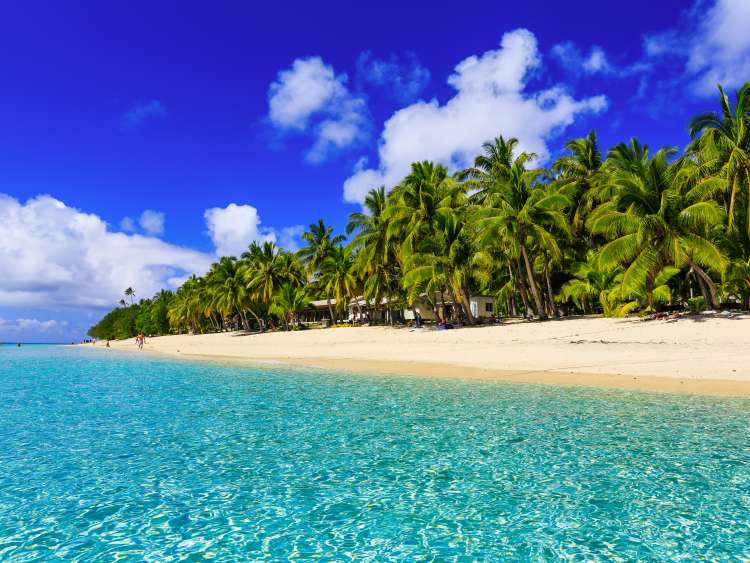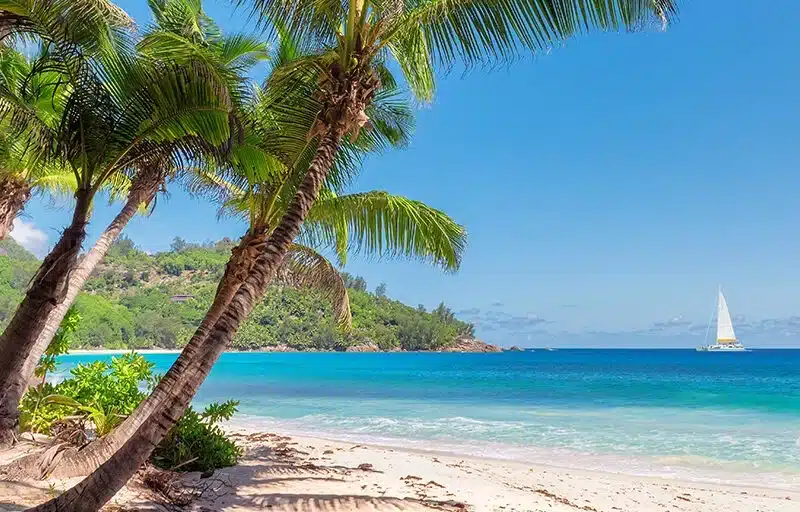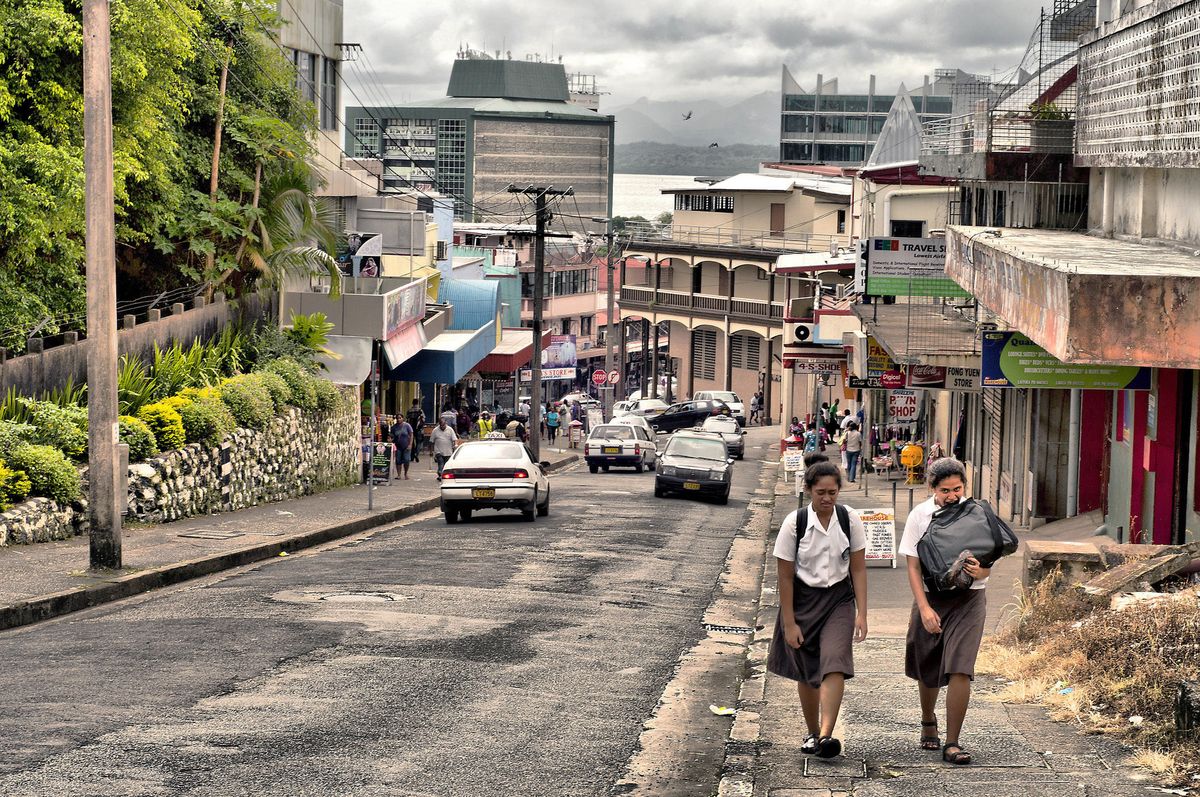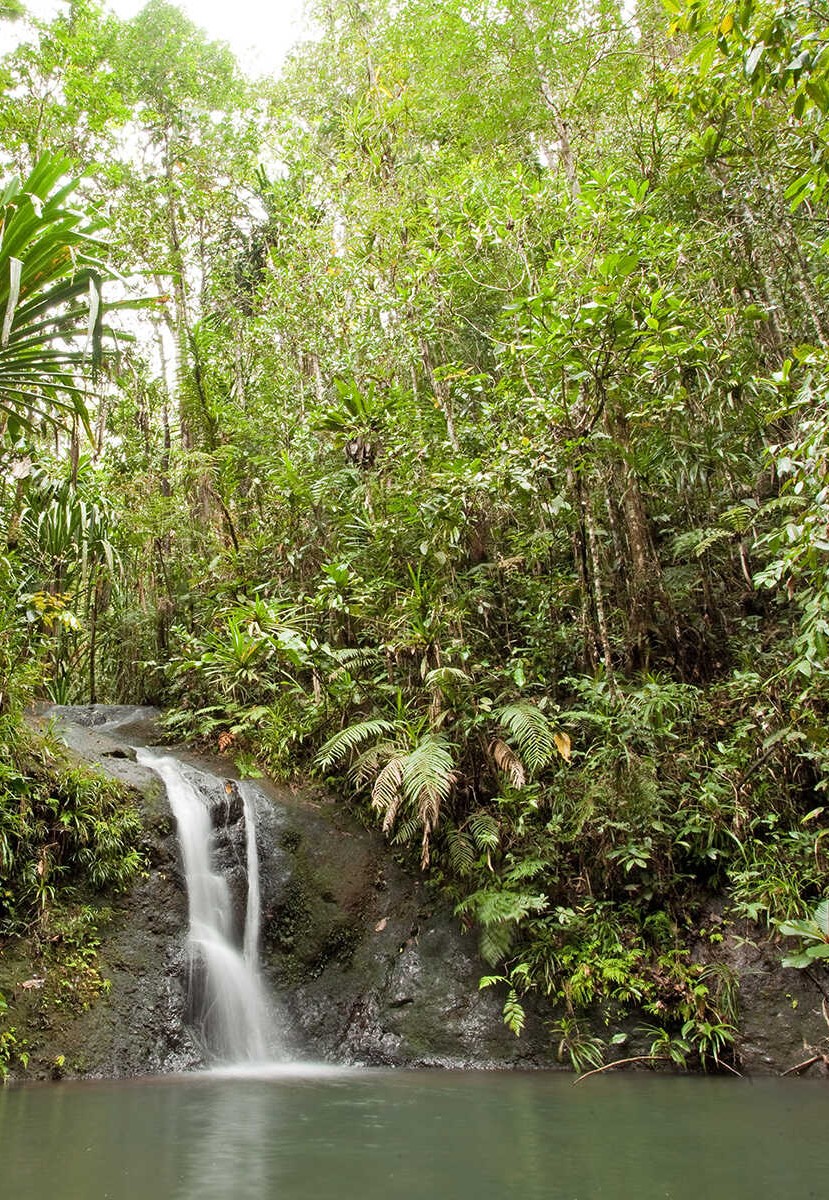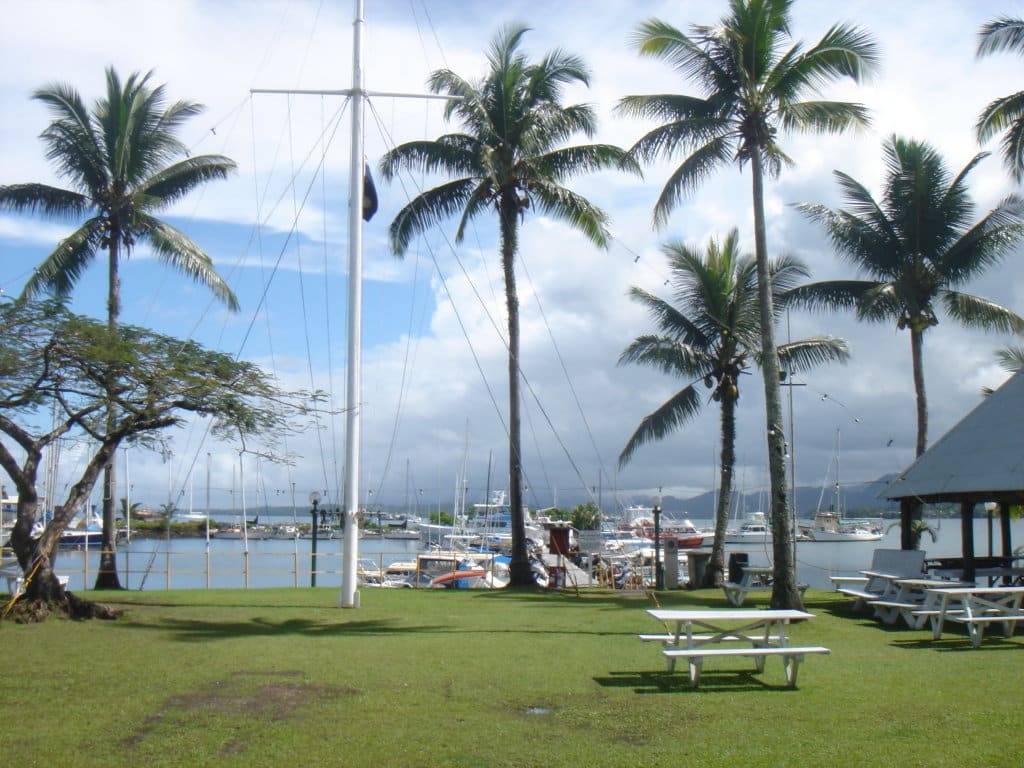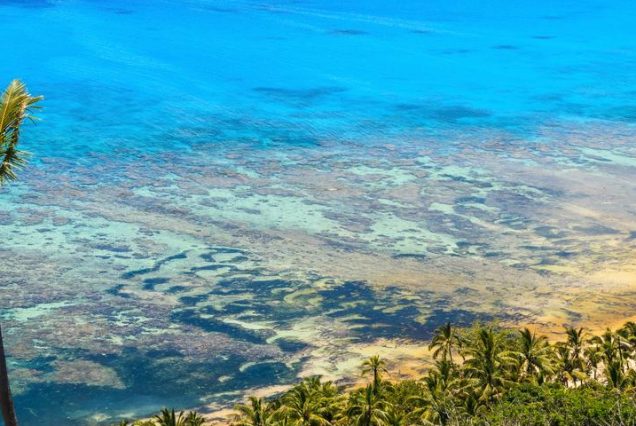

Discover Fiji
Sights
Map
Info
Fiji is a paradise known for its tropical islands, rich cultural heritage, and warm hospitality. As you plan your trip, it’s important to understand visa and passport requirements, transportation and accommodation options, and dining and cultural practices to make your experience smooth and enjoyable. Additionally, being informed about local cuisine, shopping, and communication options will help you make the most of your visit.
Visa and Passport Requirements
Visa-Free Travel: Citizens of many countries can visit Fiji for up to 4 months without a visa.
Passport Validity: Your passport must be valid for at least 6 months from your date of entry into Fiji.
Return Ticket: You may be asked to show proof of a return or onward travel ticket upon entry.
Transportation
Taxis and Buses: Taxis are widely used for city transport, while buses are affordable and reliable for getting around.
Ferries: Ferries are commonly used for inter-island travel, with regular services between the larger islands.
Car Rentals: Car rentals are available on major islands like Viti Levu and Vanua Levu, but remember that traffic drives on the left.
Accommodation
Luxury Resorts: Fiji offers world-class luxury resorts, especially on its tourist-favored islands.
Boutique Hotels and Bungalows: For those seeking a more local experience, boutique hotels and traditional bungalows are ideal.
Hostels: Budget-friendly hostels are available for travelers looking for affordable accommodations.
Dining
Local Dishes: Fijian cuisine is known for its fresh seafood, tropical fruits, and root vegetables.
Street Food: You can find delicious and affordable street food in towns and markets.
International Cuisine: In tourist areas, you’ll find restaurants offering a variety of international cuisines.
Cultural Considerations
Hospitality: Fijians are known for their warm welcome, often greeting visitors with “Bula,” which signifies their friendly nature.
Dress Code: When visiting temples and villages, modest dress is important; shoulders and knees should be covered.
Kava Ceremonies: Participating in traditional kava drinking ceremonies is common and considered a sign of respect.
Language
English: English is one of Fiji’s official languages and is widely spoken, so the language barrier is usually not an issue.
Local Languages: Fijian (iTaukei) and Fiji Hindi are also commonly spoken; learning a few basic phrases can be helpful.
Technology and Communication
Wi-Fi Access: Wi-Fi is widely available in hotels, cafes, and tourist areas, though speed and quality can vary.
Local SIM Cards: Local SIM cards with affordable data plans are easy to obtain and can help you stay connected.
Shopping and Payment
Credit Cards and Cash: Credit cards are accepted in major cities and tourist areas, but cash is preferred in rural areas and small businesses.
Local Handicrafts: Popular souvenirs include batik fabrics, wood carvings, and handmade jewelry, which are great for gifts.
Duty-Free Shopping: Duty-free shopping is available at Nadi Airport and in some major tourist areas.

